The deputy head of the civilian cabinet to the president wrote a letter on January 10 to the minister of foreign affairs emphasizing the imminent withdrawal and immediate return of Burundian troops engaged in peace keeping mission in Somalia.
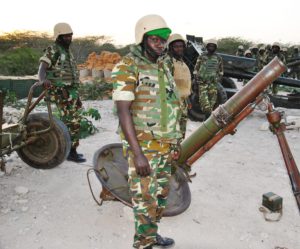
Burundian troops in Peacekeeping mission in Somalia-AMISOM
According to Dr Sabine Ntakarutimana, Deputy Head of the civilian cabinet to the president, it has been decided, in the meeting held at the statehouse on 3rd January, that Burundi will disengage from the memorandum of understanding with a probability of withdrawing Burundian troops from Somalia after the deadline.
“If the deadline of 06 January, set by Burundi Government for AU to pay the allowances to Burundian soldiers is not respected, a verbal note should be released”, says Dr Sabine Ntakarutimana .
The declaration should be communicated before the summit of Heads of States and government. “Before transmitting the message to the AU commission, make sure to communicate to whom it may concern before the summit of Heads of States and government”, says Mrs. Ntakarutimana in the note addressed to the Foreign Affairs Minister.
The latter was told to work hand in hand with the minister of defense to determine the damages caused by the non-payment of the Burundian troops’ allowances in order to file a complaint.
The ministry of foreign affairs said Chergui Smail, AU commissioner of peace and security is soon coming to Bujumbura to negotiate with the government.
AU owes to Burundi Government an amount of $61 million (allowances of over 10 months for more than 5,400 troops in Somalia).
In the memorandum of understanding, Burundi agreed to send a contingent and the necessary resources to Somalia with the aim of stabilizing the country and create republican institutions and offer a national rebuilding.
The African Union is engaged in the management of troops on the ground, both at the operational level and in planning. It makes rotation plans.
The crisis started in April 2015 when President Pierre Nkurunziza decided to stand for another term. More than 500 people were killed in the confrontations and over 250,000 fled, reports say.
At the end of a visit of European Union delegation in October 2016 , members of the delegation considered that the essential elements contained in Article 9 of the Cotonou Agreement had not been respected by the Republic of Burundi.
The European Union accused Burundi of not respecting the Cotonou Agreement signed by African states, including Burundi and the European Union. It stipulates in Article 96 that the parties undertake to respect democratic principles, human rights and the rule of law.
EU decided to freeze the direct aid granted to the government of Burundi if it does not negotiate with the opposition.
Since October 2016 EU as the main funder of AMISOM, has envisaged to enforce its financial sanctions against Bujumbura, demanding that the allowances of the Burundian soldiers deployed in peace keeping mission in Somalia be directly paid to them without passing through the Burundi national bank (BRB) what Burundian government rejected.

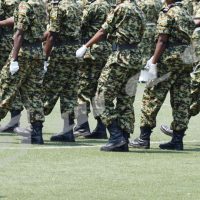
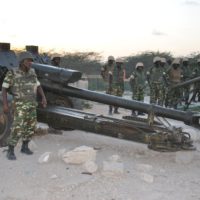
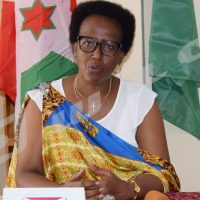
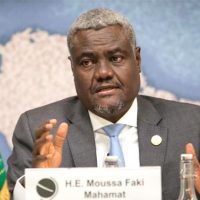













 IWACU Open Data
IWACU Open Data

